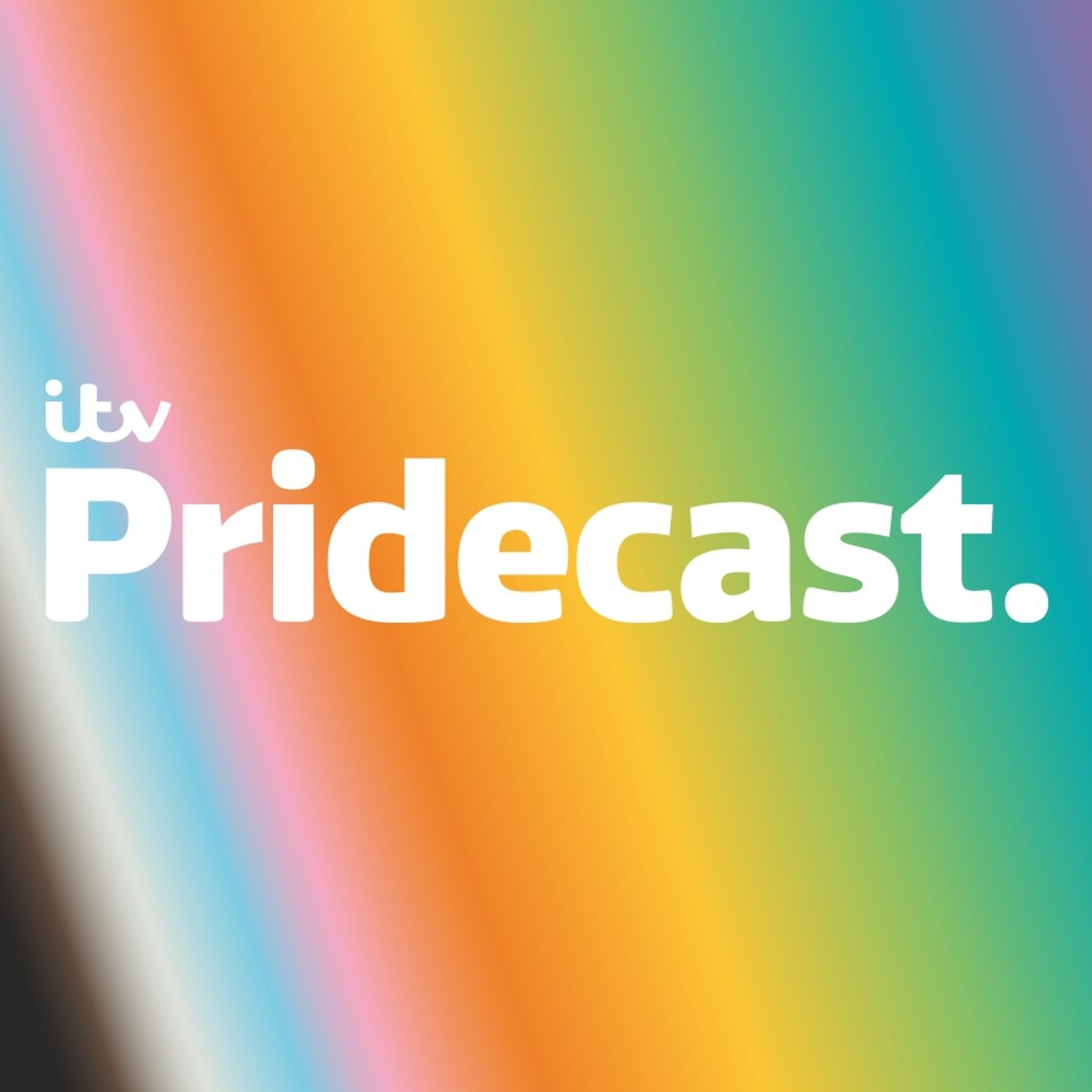What does it mean to be non-binary? (with Ali Hannon)
Description
In the latest ITV Pridecast Liam chats to Ali Hannon about their story of being non-binary. Ali also talks about trying to create more inclusive spaces for people to be their true authentic selves and looking beyond the binds of gender norms and expectations.
In recent times the wider public has become more aware of people who identify as non-binary. With the likes of high profile figures like Sam Smith and Jonathan Van Ness coming out, it has put the spotlight on what it means to be non-binary. The LGBTQ+ charity Stonewall defines non-binary as ‘an umbrella term for people whose gender identity doesn’t sit comfortably with that of man or woman’. For some non-binary people, this leads them to reject those descriptions completely and ultimately they choose to use the pronouns they/them instead of he/him or she/her.
On the face of it, questioning or rejecting a specific gender identity can seem confusing and going against the ‘norm’ in society. Gender is something society prescribes to us at birth and many of us live our lives unconsciously accepting the expectations and connotations that come with gender. The behaviour expected of gender has of course become entrenched over time, which in turn has created expectations of how a ‘man’ and ‘woman’ is expected to behave.
In that case, gender can be rather inflexible when it comes to ways of behaving and creates parameters which might not be fully akin to a person’s true authentic self. But for people who identify as non-binary, they do not feel that the expectations of gender fit with them and therefore they choose not to identify in this way or uphold the stereotypes or connotations of gender.
One aspect around being non-binary that can be confusing for people who don’t identify in this way, is separating the issue of gender from sex. This is where more work is needed if society is to have a greater understanding of this topic. According to the Council of Europe’s website, sex refers to ‘the different biological and physiological characteristics of males and females, such as reproductive organs, chromosomes, hormones, etc. Gender refers to "the socially constructed characteristics of women and men – such as norms, roles and relationships of and between groups of women and men.’
On this ITV Pridecast, Liam McConkey is joined by Ali Hannon to chat more about being non-binary. For Ali, they felt they didn’t fit into either expectations that come with being a ‘man’ or a ‘woman’ and decided that being non-binary was a better fit for their identity. Through their business, Leading Culture, Ali works to challenge the perceptions and stereotypes that come with gender in order to help companies create inclusive environments where staff can flourish as their authentic selves.
In the episode, Ali talks about how they came to realise they’re non-binary and how important the support is they’ve had from those closest to them. They also discuss why the conversation around expectations of gender must be opened up and challenged. That is especially the case if gender norms start to cause someone harm in their life, which Ali very poignantly shares their own experience of.
More Episodes
Warning: This episode includes swearing and references to homophobic slurs which some listeners may find upsetting.
With celebrations ongoing for LGBTQ+ History Month, the latest ITV Pridecast looks back at the history of the ITV Pride network and the people who’ve shaped it into what it is...
Published 02/27/24
Published 02/27/24
On this episode of the ITV Pridecast, Liam McConkey visits the Coronation Street Visitor Experience in Media City to chat with Naomi Sloyan, one of the soap’s location managers, about living with HIV. Alongside Naomi is Darren Knight from the George House Trust, the charity which offers advice...
Published 12/14/23


